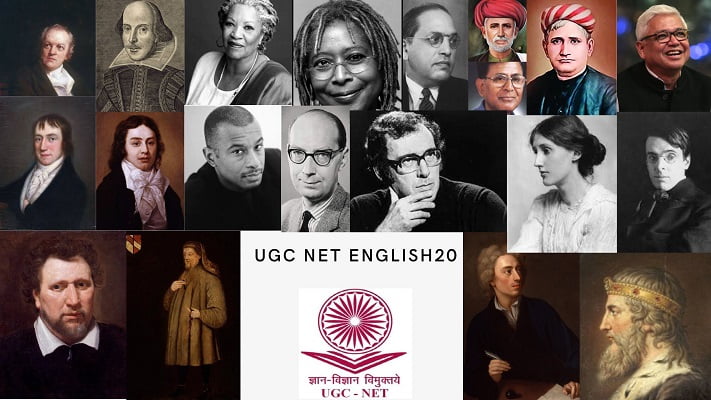UGC NET ENGLISH20
Introduction:
Welcome to our specialised website, which is here to help UGC NET English applicants succeed. Our UGC NET English page is designed to give you the resources, knowledge, and advice you need to succeed on the UGC NET English exam, regardless of your passion for literature, language, or teaching.
Relating to UGC NET English
Since it determines applicants’ suitability for the position of assistant professor and awards the Junior Research Fellowship (JRF) in English literature, the UGC NET (University Grants Commission National Eligibility Test) English exam is significant. This examination covers a wide range of topics, including linguistics, literary theory, and critical analysis. We’re committed to supporting you in your endeavour by providing advice, reading material, and practise options on our platform.
The key elements of our UGC NET English Website are:
Wide-ranging Study Resources:
Access a wide range of study resources that cover every aspect of the UGC NET English syllabus. We offer in-depth articles, summaries, and analyses covering anything from historical literary eras to modern perspectives.
Practise Assessments and Simulated Tests:
Assess your comprehension with full-length simulated tests and interactive quizzes. These tools let you assess your preparation and pinpoint areas that need more attention by simulating the exam setting.
Expert Advice and Techniques:
Take advantage of sage advice and tactics selected by seasoned teachers and successful UGC NET qualifiers. You will be well-equipped with these insights to approach the exam with assurance and perform at your best.
Timely Updates & Notifications:
Keep up with the most recent UGC NET English exam announcements, important dates, and syllabus updates. We understand how important it is to stay informed, so we make sure you do.
Discover a carefully curated list of suggested readings that will help you better understand various literary eras, authors, and theoretical perspectives. This collection is a useful tool for both exam study and ongoing academic endeavours.
Conclusion
Start your path to success using our UGC NET English page as your dependable road map. Our goal is to provide you with a robust, user-centric platform that enables you to successfully pass the UGC NET English exam and achieve your academic and professional goals. Immerse yourself in the resources offered, and make a firm move towards realising your goals in the field of English education and literature.
